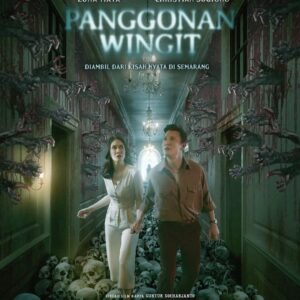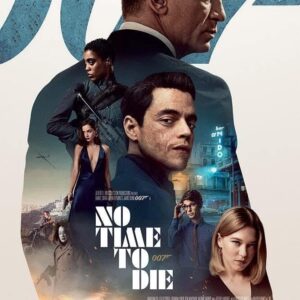“The Age of Innocence (1993) movie is a captivating masterpiece that transports viewers to a bygone era, where societal conventions and personal desires clash in a whirlwind of passion and restraint.

Directed by Martin Scorsese and based on the novel by Edith Wharton, this film immerses audiences in the opulent world of New York’s high society in the late 19th century.
The plot follows Newland Archer, played by Daniel Day-Lewis, a respected lawyer who is engaged to the beautiful and traditional May Welland, portrayed by Winona Ryder. However, their well-ordered world is thrown into chaos with the arrival of May’s exotic and unconventional cousin, Countess Ellen Olenska, played by Michelle Pfeiffer. As Newland becomes increasingly enamored with Ellen’s free spirit and independent nature, he must navigate the rigid expectations of his social circle.
The movie beautifully captures the tension between duty and desire, as Newland grapples with his feelings for Ellen while trying to honor his commitments to May and their families. The lavish costumes and opulent settings enhance the film’s depiction of a society bound by appearances and rigid rules.

Through exquisite cinematography and stellar performances, “The Age of Innocence” explores themes of love, sacrifice, and the constraints of societal expectations. Scorsese’s expert direction brings to life the complexities of Wharton’s novel, while the talented cast delivers nuanced portrayals of characters torn between their hearts and their obligations.
The movie’s exploration of forbidden love and the sacrifices individuals make in the name of propriety resonates with audiences to this day. It serves as a timeless reminder of the enduring power of passion and the enduring consequences of societal norms.
In conclusion, “The Age of Innocence” is a cinematic gem that offers a poignant portrayal of love, duty, and the struggle to break free from societal constraints. With its lush visuals, compelling performances, and evocative storytelling, this film continues to captivate viewers and remains a testament to the enduring power of love in the face of societal expectations.”





